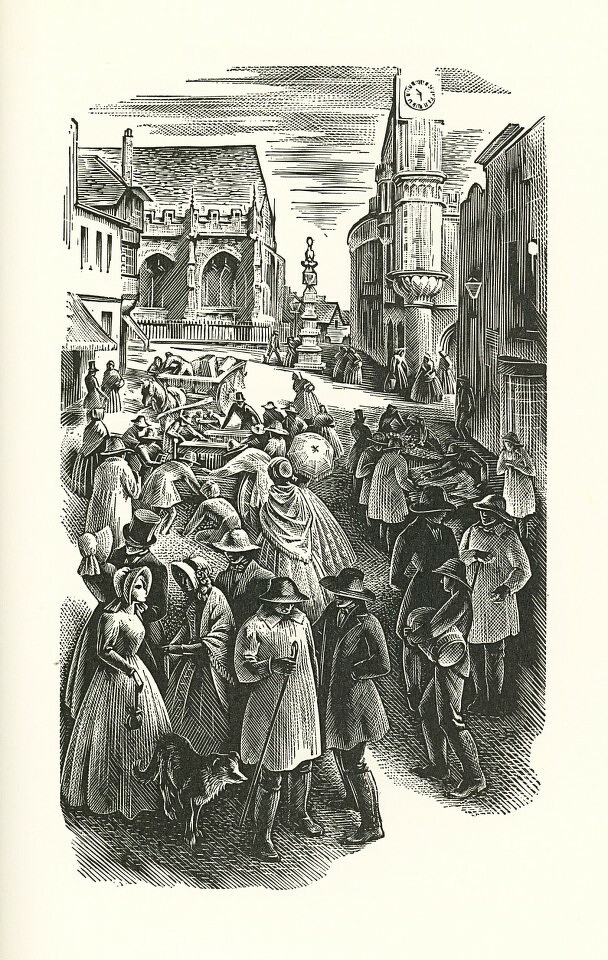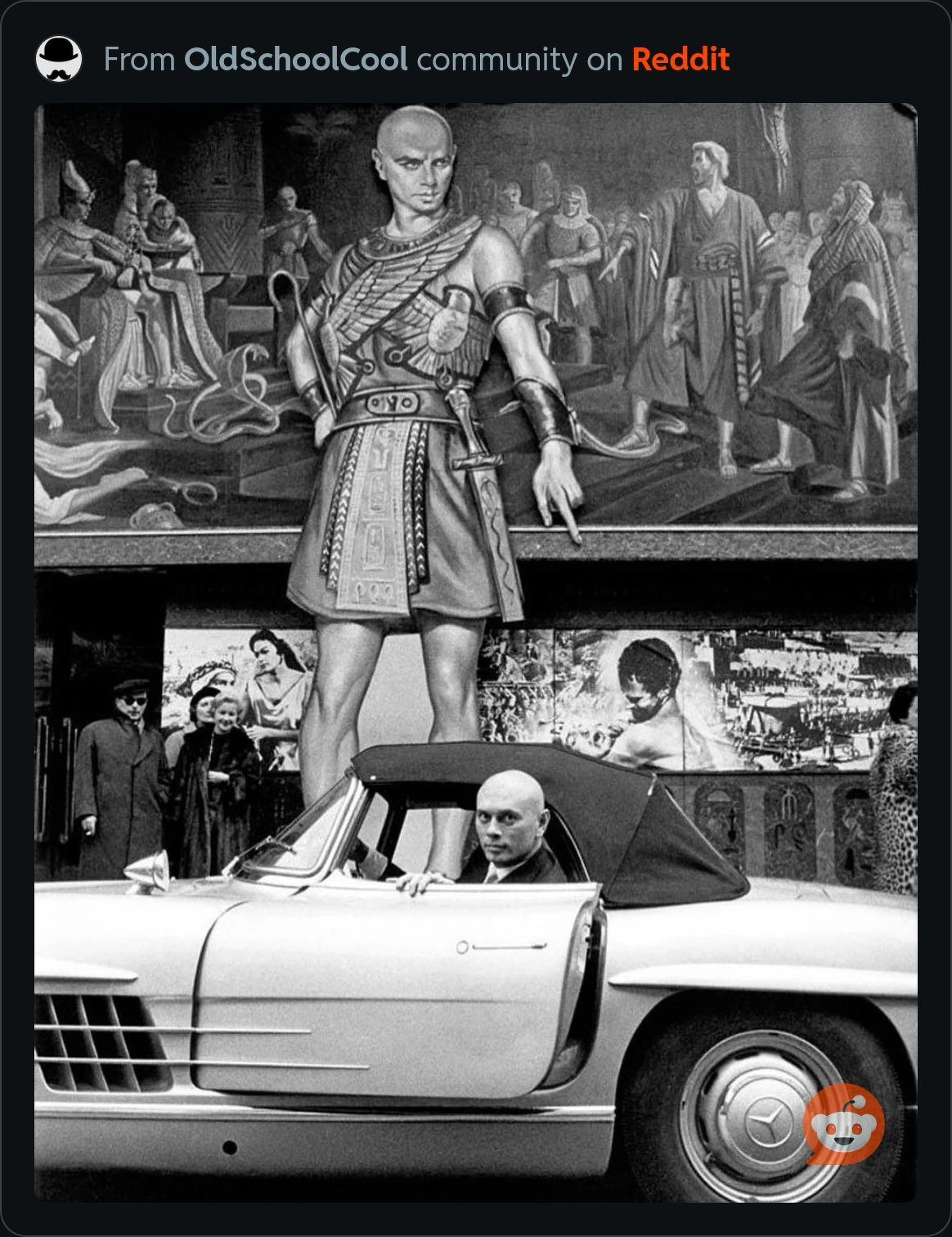As Eugyppius says, “Managerialism is an ever-advancing process of decay masquerading as an administrative system, and it has become a defining pathology of Western civilization.” One result is a spreading “crisis of competence”, or the death of craftsmanship as an ethic. Applied to the culture industry, managerialism seems to generate products that are hard to get emotionally invested in. In the case of the Silicon Valley takeover of television, this may even be by design. The customer’s attention must remain available on multiple fronts.
It is hard to see how the deadening effect of managerialism might be overcome, as our class structure is built on it. Due to the overproduction of degree-holders, the layer of people engaged in the meta-work of abstraction grows ever thicker. It generates its own demand, parasitical on the economy of the real. If the cumulative effect is culturally suffocating, this needn’t be taken as a judgment of the personal qualities of those with bullshit jobs. Rather, they are trapped within a system that demands that they suspend what comes most naturally to a human being: taking an active and affectionate interest in real things.
So let’s keep taking active and affectionate interest in real things, shall we? Effective resistance is as easy as that.
to his great credit, in a time of war, Milner-White grasped clearly that his beloved Prayer Book services could not meet the spiritual needs of the men. As they said in an official report, the padres had learned at the front that what was needed were modern services that were “simple, real, and short.” Milner-White said that, when it came to ministering to soldiers, the Prayer Book services were “at best semi-used and semi-usable.” Only a fool would be a stickler for doing things by the book when ministering to the fearful and the dying: “rubrics paled in a redder world.”
When he returned to Cambridge, Milner-White made good on what he had learned by creating the most beloved of all modern Anglican services, the Festival of Nine Lessons and Carols for Christmas Eve, at King’s College chapel.
My father, although an American, was certainly what the British call working class. He dropped out of high school and joined the Air Force. He fought in the Korean War. Throughout my childhood and until his retirement, he worked in a construction-supply warehouse in a “low skill” job. He was also a low church, evangelical Protestant. I don’t think I ever heard him use the word “liturgy” but, if he did, he would have said it like “the rosary” or “Ramadan” as something that belonged to someone else’s religion. Yet it was a delight of his holiday season to listen to the Nine Lessons and Carols service broadcast from King’s. Milner-White learned in the trenches of the Great War how to create a worship service that could connect even with modern, working-class veterans.
Beautiful engravings by Alice Miller Parker from a 1964 edition of Thomas Hardy’s The Mayor of Casterbridge.

My old friend and gang leader Brian Phillips on the six key attributes of slop:
- Slop exists at scale.
- Slop remixes culture without understanding it.
- Slop has contempt for both creators and audiences.
- Slop hides producers from consumers, and vice versa.
- Slop exploits parasocial identification with right-wing power.
- Slop erodes your sense of the real.
The other morning I was standing in my kitchen looking across my back yard and into the canopy of trees beyond. Through the branches I saw what looked like an early-morning sun … but the sun doesn’t rise in that direction. Puzzled, I walked down the street towards the strange vision and saw, on the highest point in our neighborhood, this maple, the tallest tree in our neighborhood. But still, whenever I see it through the branches I immediately think I’m seeing the sun.

Why Does A.I. Write Like … That?:
In 2024, the investor Paul Graham made that mistake when he posted online about receiving a cold pitch. He wasn’t opposed at first. “Then,” he wrote on X, “I noticed it used the word ‘delve.’” This was met with an instant backlash. Just like the people who hang their identity on liking the em dash, the “delve” enjoyers were furious. But a lot of them had one thing in common: They were from Nigeria.
In Nigerian English, it’s more ordinary to speak in a heightened register; words like “delve” are not unusual. For some people, this became the generally accepted explanation for why A.I.s say it so much. They’re trained on essentially the entire internet, which means that some regional usages become generalized. Because Nigeria has one of the world’s largest English-speaking populations, some things that look like robot behavior might actually just be another human culture, refracted through the machine.
Email from one of my best students accompanying a final paper: “While I always want my final papers for classes to be the culmination of all my learning, in truth, they usually end up being the worst work of the semester. I always find out what I really wanted to say once the break starts as I learn what it feels like to be a thinker and not just a harried, hunted animal.”
Intentional fouls ruined the Spurs-Thunder game. The NBA should abolish them — I was going to write just this post, but it’s been done for me. For 95% of that game both teams played brilliantly; it was riveting to watch. And then the last “minute” of the game became 15 minutes of free throws, time outs, and substitutions. I actually turned it off before the end; I didn’t care any more who won. This is a really, really bad problem with an easy fix.
Supposedly serious news outlets still have a long way to go in subjecting publicity exercises like the World Happiness Report to appropriate journalistic scrutiny. It is easy to see why editors are tempted to assign some beat reporter without expertise in the social sciences to write up a fun little story about how much happier those enlightened Scandinavians are compared to benighted Americans. But if the media wants to live up to its self-appointed role as a gatekeeper of reliable information, it can’t continue to be complicit in the spread of such shoddy clickbait.
Over the last years, media outlets like the New York Times, universities like Oxford, and international institutions like the UN have devoted themselves to the fight against so-called “misinformation.” It is certainly true that our political discourse is awash with dangerous distortions and outright lies. But any institution which wishes to address that problem must start by looking into the mirror—and cease spreading “elite misinformation” like the World Happiness Report.
The dream of Pilate’s wife according to DLS. This is a pretty long one.
Paying for Apple Music or Adobe Acrobat is relatively harmless, but an economic model that is progressively turning more and more things into subscriptions — and renting is certainly a form of subscription — is creating conditions that are antithetical to human life freed for public life…. What was once the animal laborans is today homo subscribens, man the subscriber. The possibility of a 50-year mortgage would only confirm this reversion back to the life process, ensuring that people today are no freer than laborers bound by endless necessity.
I'm blessed to have many friends who write beautifully, and I especially love it when I hear their voices in the written words. This whole essay by Sara Hendren is like that:
You think Hyde’s telling you to give your gifts, like “giving back,” I say. But it’s weirder than that. Gifts precede you, mark your life. They invite you to imitate the pattern. This truth is hard for all of us to hear.
And this from Charles Marsh on “making anxiety great again”: “Receive anxiety as an opportunity…. Accept anxiety as an awakening…. Acknowledge anxiety’s capacity to instruct.”
Much wisdom in these two reflections.
That may be the worst “win” in the history of the Arsenal.
So thorough was [Frank] Gehry’s reorientation of architecture as an art form rather than an adjunct of engineering that it’s hard to recall how the high end of his profession was perceived before him, when technocrats in big architectural firms seemed indistinguishable from any other business executives. In the mid-1970s, as he approached fifty, Gehry resolved to throw over his profitable relationship with one of the most enlightened developers of the day—James Rouse, best known for his humanely planned, racially integrated new town of Columbia, Maryland. There Gehry designed several structures, including the Rouse Company Headquarters of 1969–1974, followed by a number of other Rouse projects on both coasts, including his Pop-inflected Santa Monica Place shopping mall of 1972–1980. He then reinvented himself as an artist who used architecture as his medium, a move as risky as Andy Warhol’s decision a decade earlier to abandon his lucrative practice as a commercial illustrator and take up fine art.
Austin Kleon’s newsletter is one of the best things on the internet. Today’s edition is especially great.
me rolling up to campus
